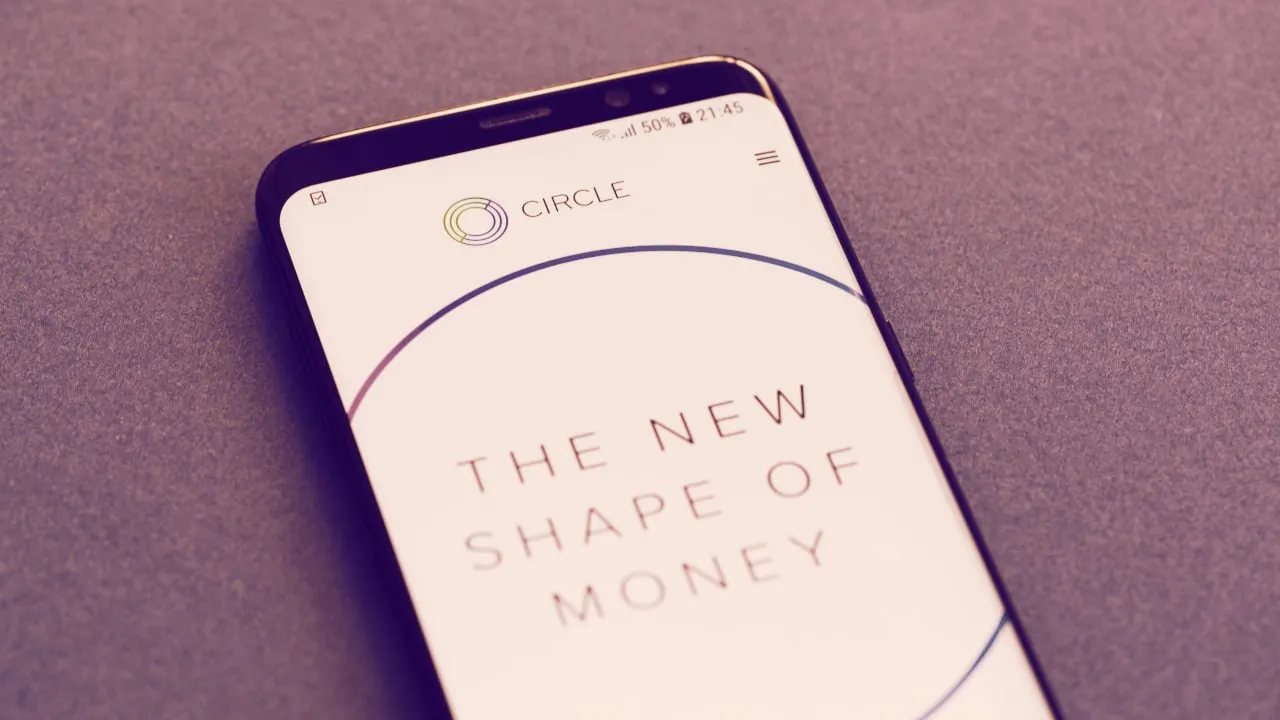In brief
- Circle is expanding its business accounts and releasing new Circle APIs.
- The APIs allow crypto developers to build on top of its stablecoin, USDC.
- USDC currently has a market cap of $450 million, and growing.
Crypto startup Circle today introduced new business accounts that gives companies access to tools based on its stablecoin, the US Dollar Coin (USDC).
USDC was initially launched in collaboration with leading US-based crypto exchange Coinbase as a way to boost crypto trading and investing. Now, Circle is encouraging businesses to build on top of its stablecoin through new APIs (application program interfaces) available on Circle Business Accounts.
According to Circle CEO Jeremy Allaire, businesses previously looking to engage in the crypto space have experienced several hurdles, from high gas fees to banking connectivity. The company aims to make things easier with its APIs:
“Our goal with Circle Business Accounts and Circle APIs is to simplify things so that a company can setup and begin using an account with the same ease that they might open a business bank account,” Allaire wrote in a blog post. “Companies should be able to easily upload their dollars to the internet, convert them into digital currency dollars and start storing and using stablecoins for everyday payments.”
Developers will now have access to three new APIs: Payments API, which allows clients to connect existing payment rails directly to USDC; Wallets API, which enables customers to manage and store their stablecoins and make payments; and a Marketplaces API, which extends these services to e-commerce platforms and other online marketplaces.
It might be good timing, too (despite the current state of the market). Circle’s popularity within the digital community appears to be growing. Last year, the company originated more than $50 million in USDC-based loans. This was equal to about nine percent of the $520 billion in total loans issued in cryptocurrencies.
Circle’s USDC currently has a market cap of around $450 million. According to its website, more than $1.60 billion in USDC has been issued since it first debuted, while upwards of $1.20 billion has been redeemed.
Daily Debrief Newsletter
Start every day with the top news stories right now, plus original features, a podcast, videos and more.

